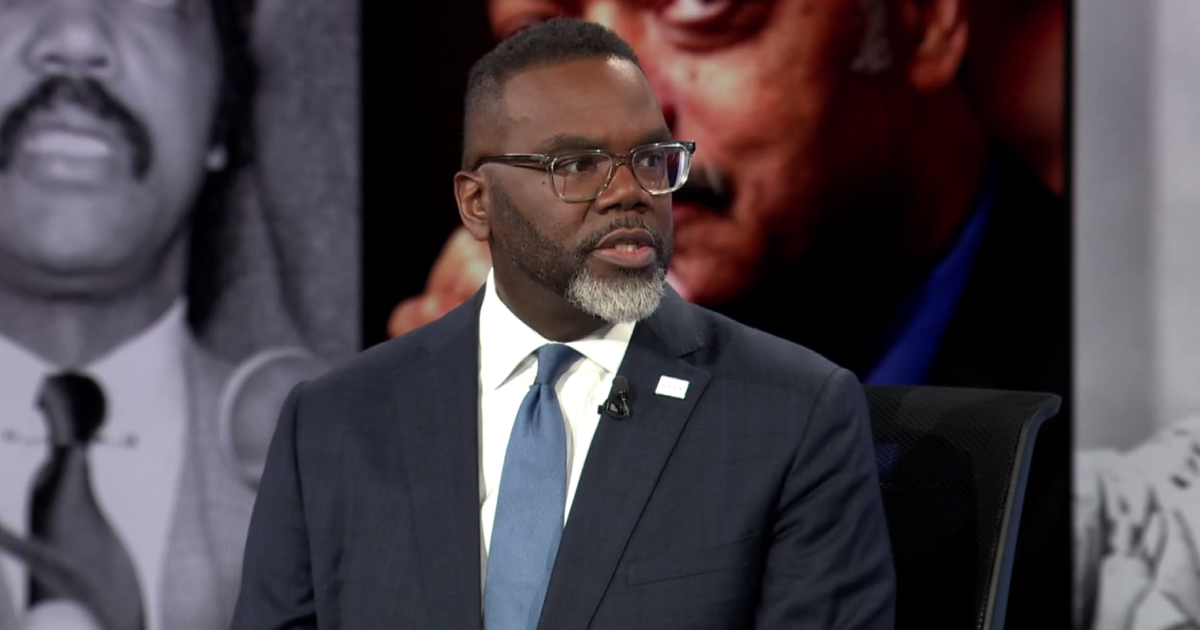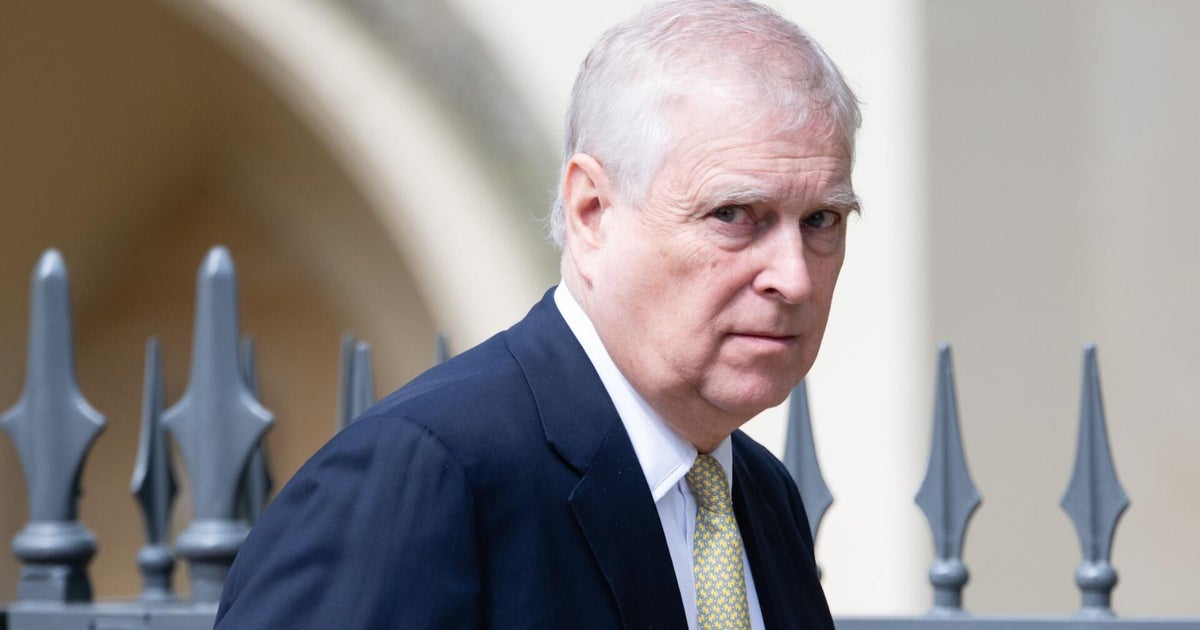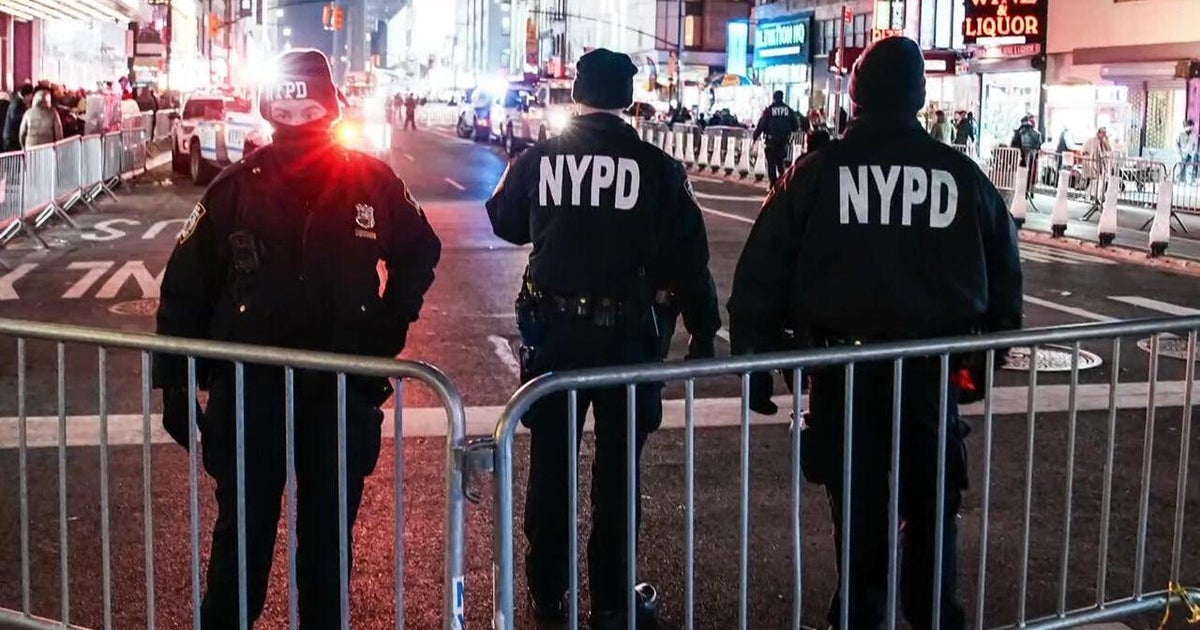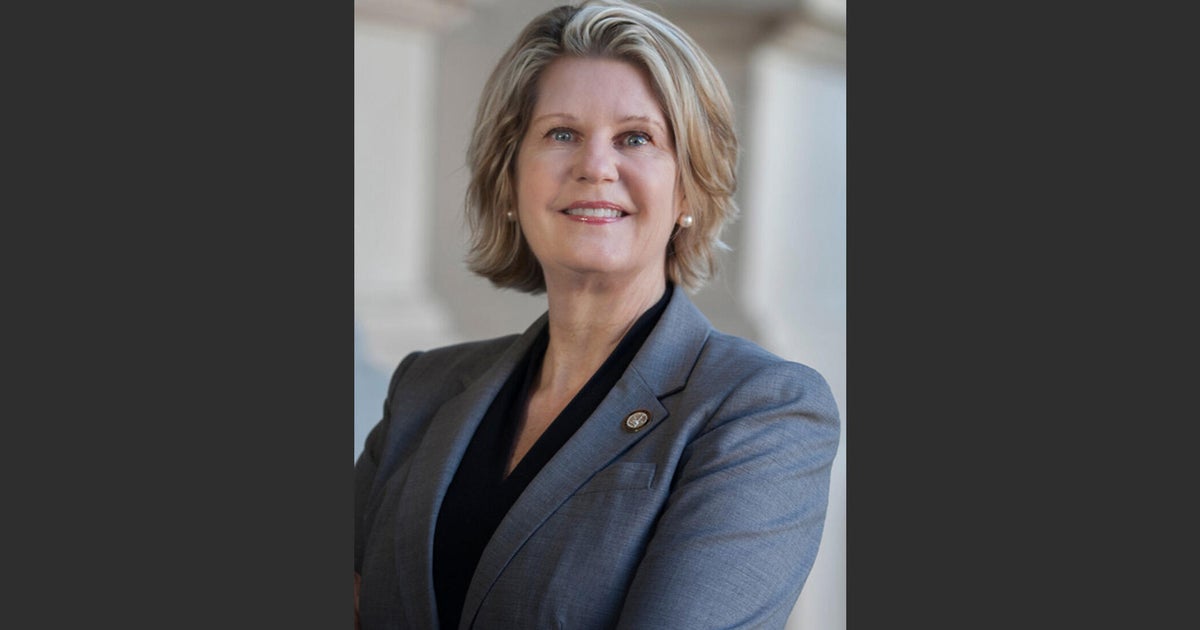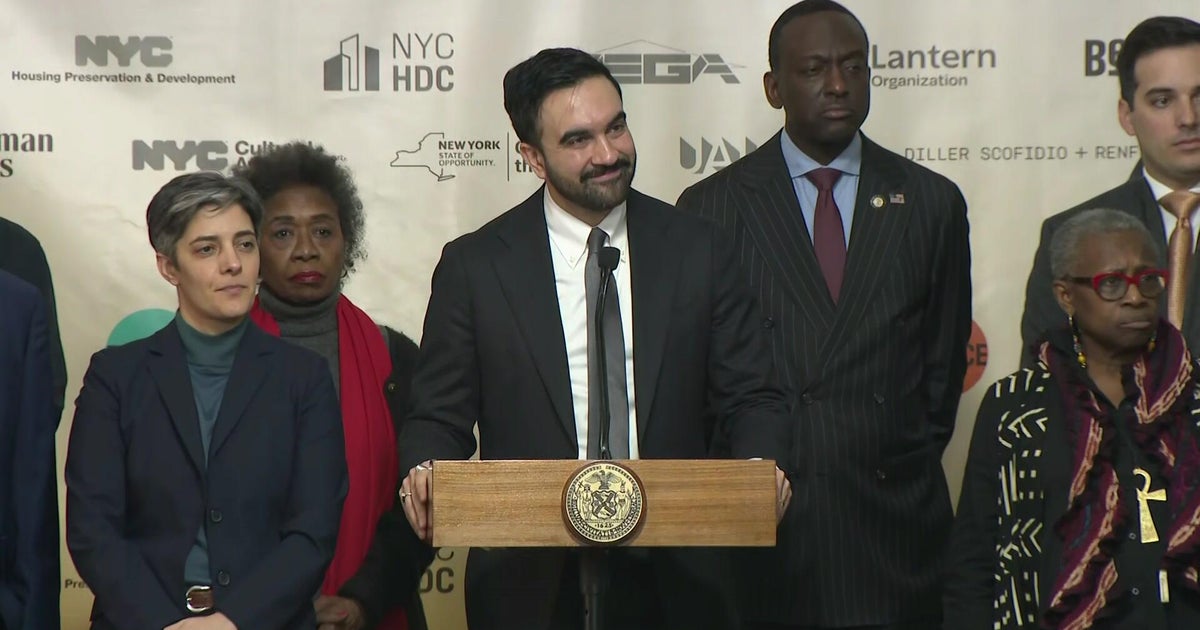Why Moseley Braun Resurfaced To Run For Mayor
CHICAGO (CBS) -- Of all the candidates for Chicago mayor, Carol Moseley Braun held the highest elected office, serving a single term as the first African-American woman in the U.S. Senate.
She's been out of politics for more than a decade and previously said she wasn't coming back.
But she tells CBS 2 Chief Correspondent Jay Levine why that's changed.
Moseley Braun used to joke that she was a "recovering politician." So what caused her to fall off the wagon and seek the office of mayor?
"This is the right time to step forward and try to do the best that we can do for the city," Moseley Braun told Levine.
Her political career brought her into contact with world leaders and international icons. But it's her Chicago roots -- both her father and uncle were police officers -- that helped shape her views.
"Public safety is number one," she says. "It's the number-one obligation of city government in my opinion."
The challenge is this: The police department is short 2,000 staff members. Can she guarantee to turn that around?
"I can't make a pledge right now, because I haven't had a chance to deep-dive on the budget," Moseley Braun said. "But I can tell you this: Right now, the force we have, in my opinion, is not properly deployed."
Moseley Braun says morale in the police department is "as low as I've ever known it to be."
Kicking off her campaign last weekend, Moseley Braun said Chicago would always be a great city because its people will tolerate nothing less. But she admitted to Levine there are tough choices ahead.
"We have to make better use of what we have," she said. "I don't anybody does not believe there is waste, and there are inefficiencies."
She wants to streamline and modernize city government but also counts on the economy to improve.
"This recession will turn around eventually, and as that happens, that will begin to address the deficit that we're looking at," Moseley Braun said.
Defeated by Peter Fitzgerald in her 1998 re-election bid, Braun returns to politics a dozen years later, having learned a lesson. Click on the video below to hear her thoughts.
To watch Levine's extended interview, play this video:
